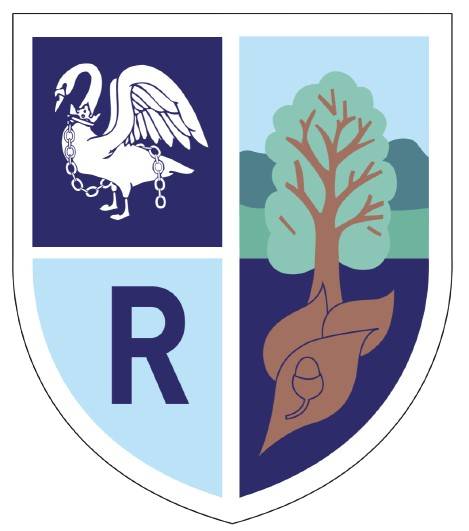P.S.H.E.
Personal, Social, Health and Economic Education
Curriculum statement for P.S.H.E.

Intent
PSHE enables our children to become healthy, independent and responsible members of society. It aims to help them understand how they are developing personally and socially, and tackles many of the moral, social and cultural issues that are part of growing up. We intend to help children build positive, respectful relationships in their lives. We will ensure the children know how to keep safe in different situations - online and offline. We provide our children with opportunities to learn about rights and responsibilities and appreciate what it means to be a member of a diverse society. Our children are encouraged to develop their sense of self-worth by playing a positive role in contributing to school life and the wider community. PSHE learning links and to our Robertswood Star Values and Skills Builders.
Implementation
Here at Robertswood School, we use Coram Life Education’s scheme of work called SCARF throughout school. This follows the PSHE Association’s programme of study which is split into three core themes of: Health and Wellbeing, Relationships and Living in the Wider World. The children will meet these themes throughout the course of the year and the themes are built upon as the children move through the school.
What is SCARF?
SCARF PSHE is a comprehensive and completely original Scheme of Work for the whole Primary School from Early Years through to Year 6 from Coram Life Education. It brings together PSHE Education, emotional literacy, social skills and spiritual development in a comprehensive scheme of learning. The statutory guidance for Relationships and Health Education for primary schools is also covered within this scheme.
SMSC (Spiritual, Moral, Social and Cultural) development opportunities are mapped throughout. All of these pieces of learning are brought together to form a cohesive picture, helping children to know and value who they are and understand how they relate to other people in the world.
Relationships and Health Education
Our PSHE curriculum is designed to match guidelines from the Department for Education. Any changes to our approach shall be noted on this page and, where changes are made, there shall be full consultation with parents/carers.
For clarification, puberty is part of the statutory Health Education, and will be taught to all children through Key Stage 2. The concept that our bodies grow and change from babies to old age is introduced in Key Stage 1. Correct terminology for body parts is introduced early to normalise this biological vocabulary and to support safeguarding. These words are not used in isolation but always in appropriate context, ensuring children know these are private parts of their bodies.
We believe that knowledge empowers and protects children as long as it is age-appropriate. At secondary school, Sex Education is statutory and we, along with the Department for Education, and the PSHE Association, believe that primary schools should prepare children with accurate knowledge about human reproduction before they transfer to secondary school.
We provide an inclusive curriculum that promotes understanding and mutual respect for all. We reflect diversity within our curriculum to ensure that no pupil feels excluded and teach pupils to respect difference, promote equality and challenge stigma. In the EYFS, the Personal, Social and Emotional curriculum is taught by making connections throughout the curriculum and is strongly linked to play. There are planned activities that are part of topics, as well as individual tasks and activities to develop personal skills such as dressing, feeding and toileting. The children are given the opportunity to engage in social activities, as members of a small group or through whole school activities.
